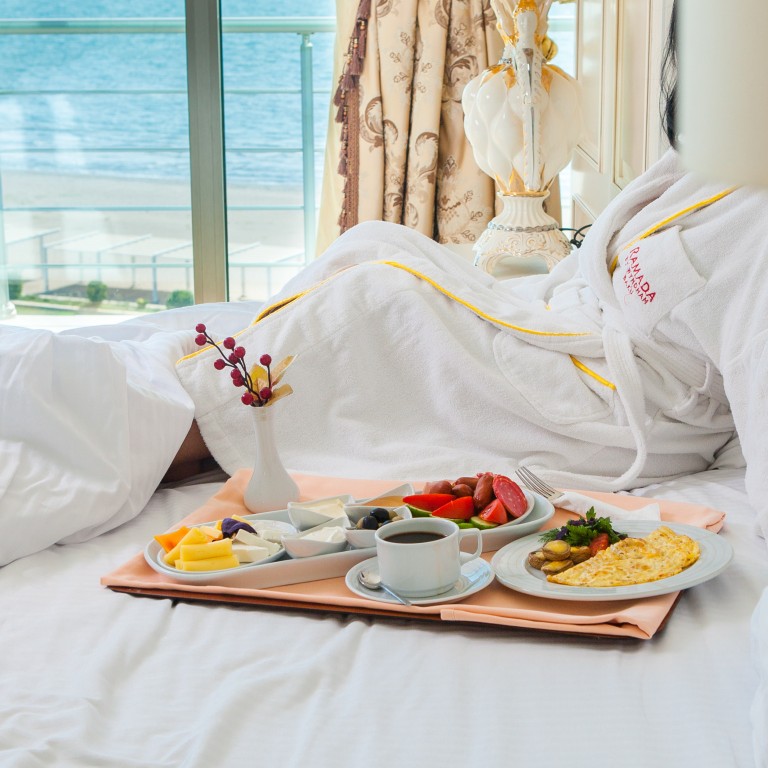Opinion / Why luxury hotels and restaurants fail to deliver memorable experiences: million-dollar real estate and Michelin-starred food don’t make up for generic customer service

- Luxury brand audits reveal hospitality groups rarely go beyond ‘category experiences’ – providing world-class service that isn’t unique enough for customers to return
- The best fine dining can be likened to a theatre play, with each ‘actor’ playing a role to create a ‘target emotion’ in the brand story that can’t be found anywhere else
This article is part of STYLE’s Inside Luxury column
A recent brand strategy workshop with a luxury brand in a five star luxury hotel opened the eyes of my client on what luxury really is. Our first reaction was a combination of quality, craftsmanship, creativity and a refined ambience or design. But the hotel itself presented an excellent learning opportunity as well.

We decided to start the workshop with an early working lunch. The hotel was breathtakingly beautiful. The lobby pristine. The front desk staff friendly. We went to the restaurant area and, not surprisingly, it was nicely designed too. I would not be surprised if the hotel operator invested tens of millions of dollars into real estate and interior design.

The food was good, albeit not excellent. More importantly, when the meal was over and we moved to the meeting area, I asked the other meeting participants what was special about the service for them. The answer was unanimous: “nothing”. The waitress was very friendly and efficient. However, many other places also have very friendly and efficient waiters. Hence, what we experienced was a “category experience” – something any decent place will offer.
When I asked if there was anything truly outstanding, magical or simply unique to the place, something that from a service experience would create a lasting memory, the answer was “no”. I was not surprised. After analysing hundreds, if not thousands, of service experiences from brands that try to compete for the luxury customer, I see a repeating pattern: luxury is confused with great aesthetics and friendly service. While this is part of it, it’s by no means sufficient.


This is likely because she wasn’t told about the target emotion or her role in the total script of the brand experience. The hotel or restaurant itself probably does not have these objectives defined clearly and specifically enough. In countless experience audits, I find again and again that brands are too vague when they describe the service experience. They demand world-class service from their staff but fail to curate the experience. They don’t create clarity on the role that each individual “cast member” has. If a theatre or opera director just told the actors and singers that they should be friendly and provide a world-class play, the result would be a disaster. Yet this is what happens to many luxury hospitality brands in the real world.